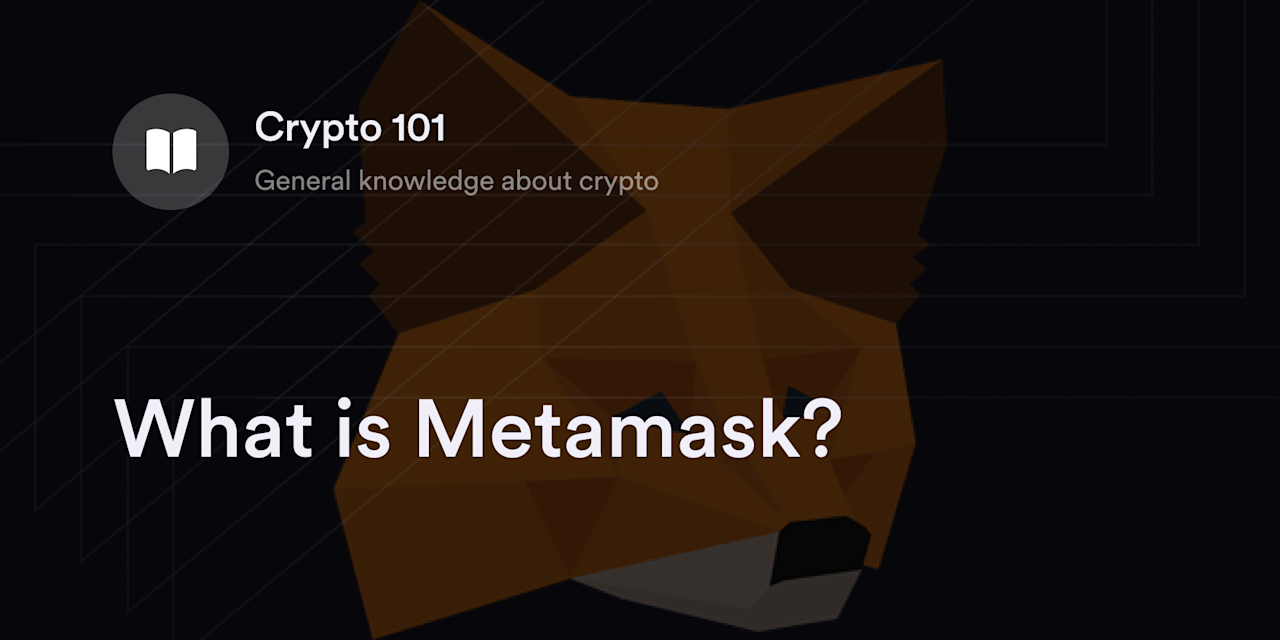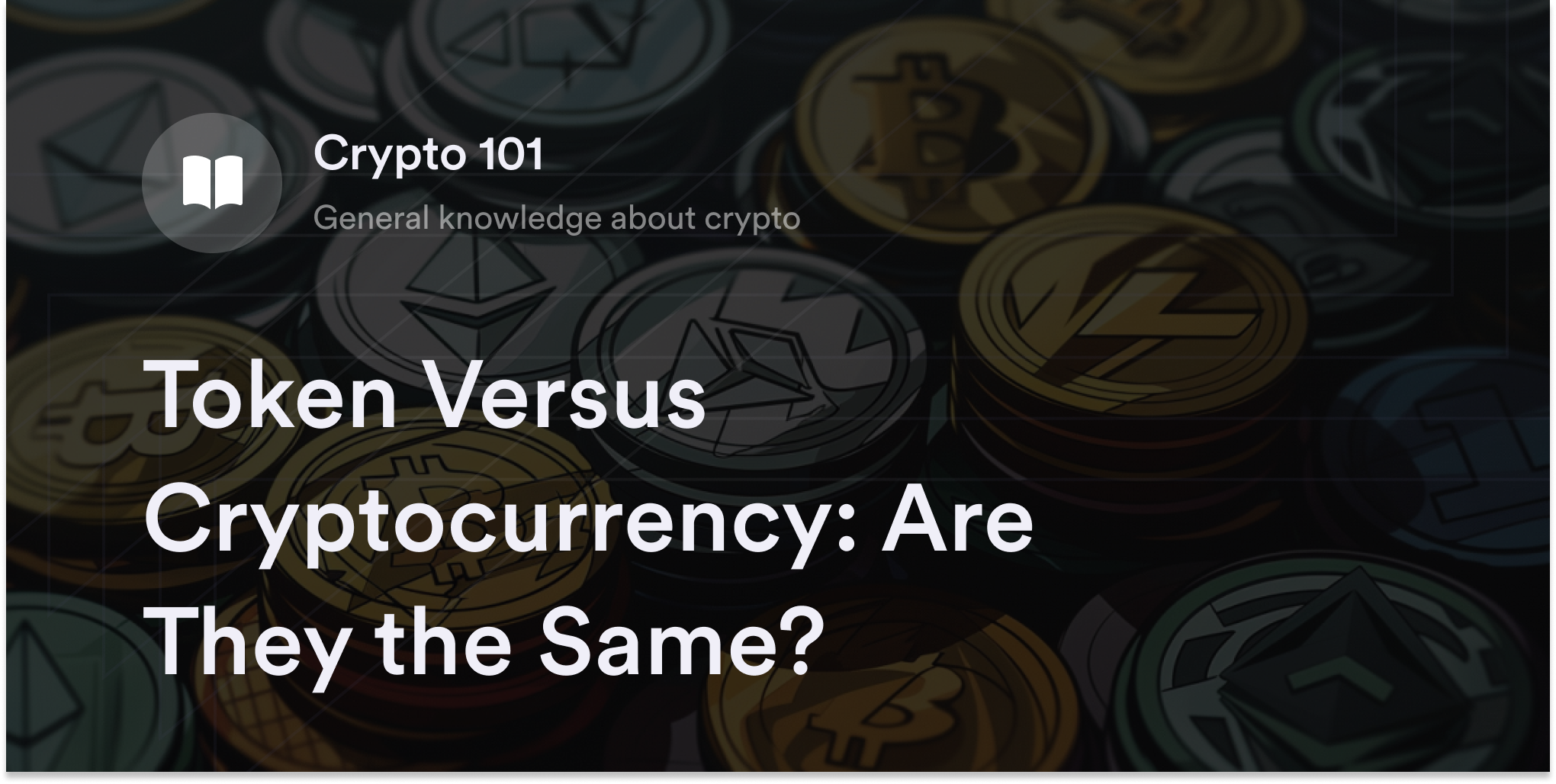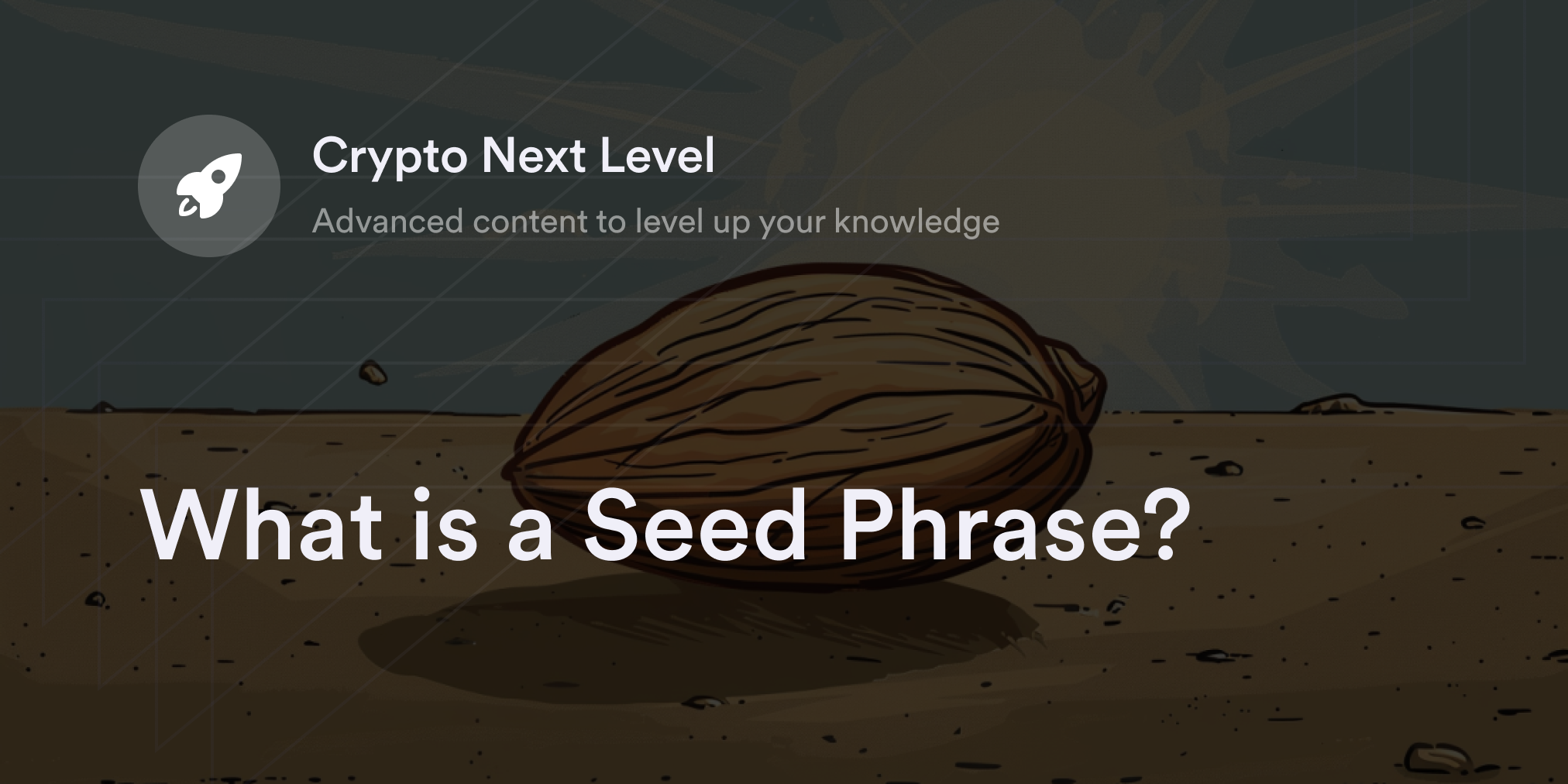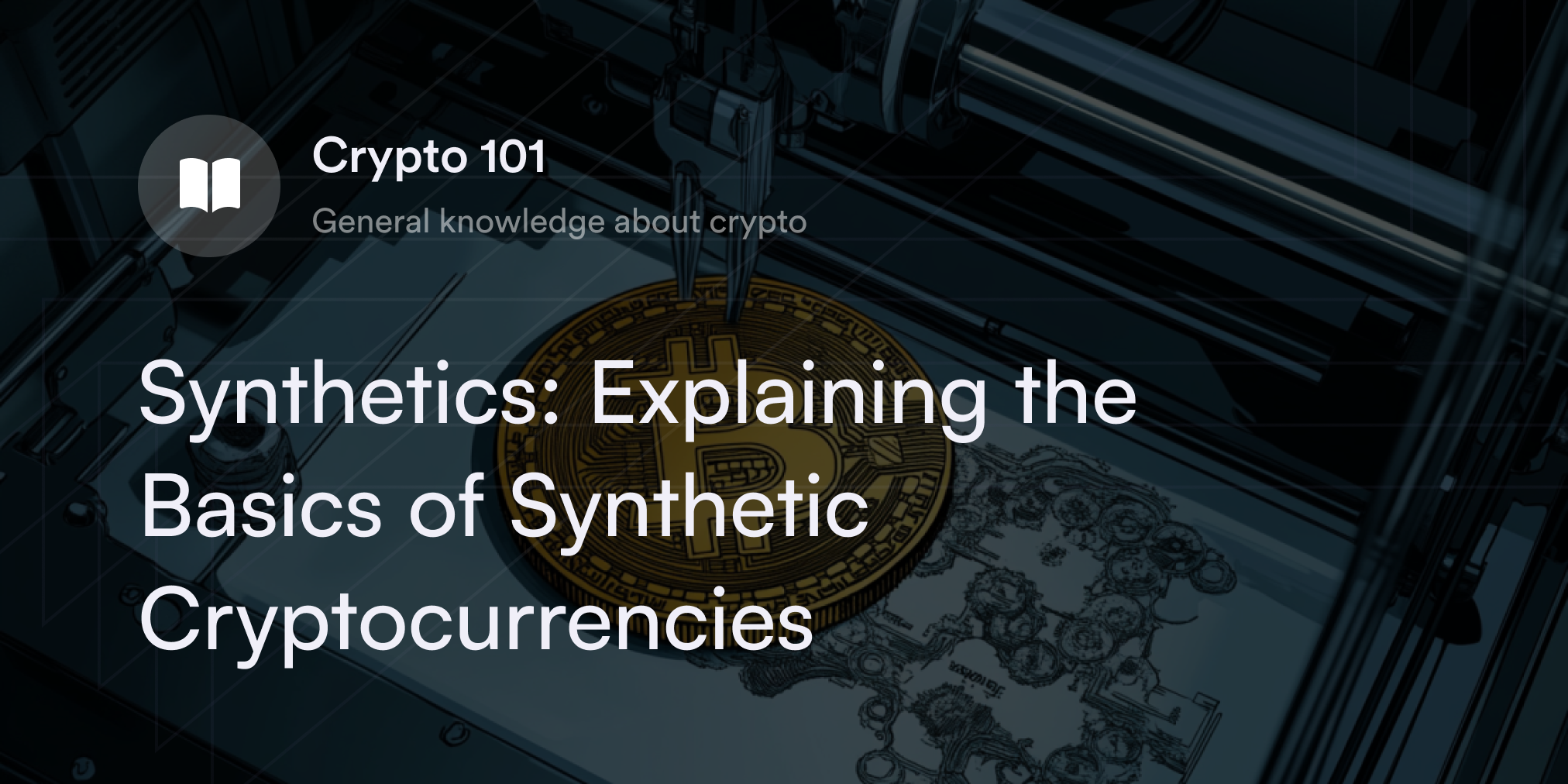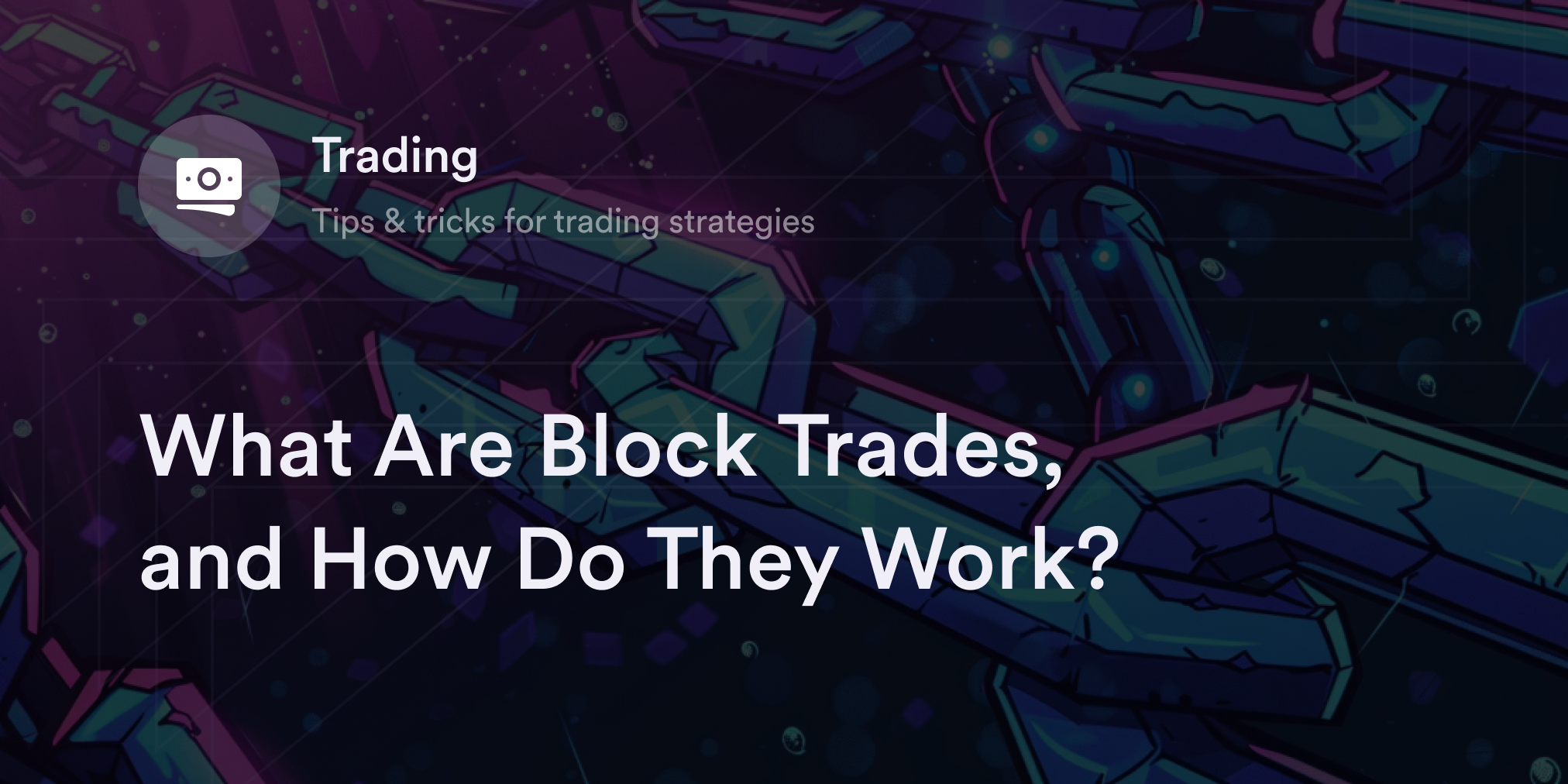


Traders have countless opinions on the best ways to enter the crypto market, but everyone agrees digital assets are unpredictable. While some embrace the wild ups and downs of crypto trading, risk-averse traders look for ways to lower the price volatility crypto adds to their portfolios.
For example, conservative traders sometimes opt for cryptocurrency index funds rather than buying and selling coins on exchanges. Index fund managers say these products offer a simple way to take advantage of cryptocurrency’s potential with less downside risk—but are they telling the truth? And if they are, how do cryptocurrency index funds reduce risk?
This guide will help you explore the ins and outs of crypto index funds, including how they work, what makes them distinct in the crypto market, and if they’re a safer option for traders.
What are crypto index funds?
A crypto index fund is a diversified financial product mirroring the price of the cryptocurrency market or a specific sector in the crypto industry. When traders buy a position in a crypto index fund, they enjoy broad price exposure to either a segment of the crypto economy or the crypto market as a whole.
The term index refers to a “market index,” or a collection of assets in a similar category designed to reflect the average price for a target sector. Since the cryptocurrency market is still relatively new versus other traditional asset classes, there aren’t well-established benchmark crypto indices. That said, crypto index funds often group similar digital assets together in terms of their size or shared traits.
For example, Bitwise 10 Crypto Index Fund (BITW) holds the top 10 cryptocurrencies by market capitalization to provide traders with price exposure to the crypto market. Conversely, Index Cooperative’s DeFi Pulse Index (DPI) focuses on coins and tokens in the decentralized finance (DeFi) industry. In either case, a crypto index fund’s goal is to faithfully track an area of the crypto economy rather than trying to outperform the market. While the managers issuing crypto index funds routinely rebalance their crypto holdings, they take a passive approach to portfolio management and only focus on adjusting their positions to better reflect current market conditions.
How do crypto index funds work?
Crypto index fund managers receive, redistribute, and rebalance money they receive from crypto traders. In this sense, crypto index funds are the same as another financial product called crypto mutual funds, but the former solely focuses on tracking crypto price indices. Here’s how they work:
When crypto traders send money to a crypto index fund, they own a percentage of the fund’s pool of digital assets relative to their contribution size. Then, the fund manager secures digital assets and adjusts positions depending on market dynamics, and traders get price exposure to their chosen crypto index. Each crypto index fund has different terms and conditions for joining a pool, and some are only open to accredited investors. For compensation, index fund managers charge fees for their services called an expense ratio, which is a percentage of each trader’s holdings. Some crypto index funds also have minimum deposit requirements new traders must make to join a pool.
Pros and cons of crypto index funds
Crypto index funds give people more options to get involved in the cryptocurrency market, but they aren’t the most popular option with short-term traders. Instead, crypto index funds tend to attract hands-off crypto enthusiasts who want a simple way to HODL digital assets for years.
Pros of crypto index funds
Offers a diversified portfolio: Since crypto index funds contain a basket of coins and tokens, traders automatically get wide exposure to the crypto economy. So even if one cryptocurrency in a fund plummets, gains in other crypto assets may offset these losses. The diversification of crypto index funds helps manage the price volatility in the cryptocurrency market.
Doesn’t require traders to store crypto assets: Index fund traders don’t need to learn how to safely transfer cryptocurrencies to a wallet because fund managers buy and store digital assets. Fund managers often partner with expert crypto custodians like Coinbase Custody or BitGo and keep their cryptocurrencies in cold storage to prevent a hack.
Usually includes customer support: While every index fund firm has unique procedures, most companies make it easy for traders to contact a customer care department if they have questions or concerns about their accounts. Index funds also often send detailed reports on their portfolio’s performance and offer assistance with yearly tax filings.
Cons of crypto index funds
Extra fees and requirements: Crypto index funds usually have expense ratios to cover management and storage expenses, so traders need to factor these additional costs into their finances. Also, not all index funds welcome retail traders, and even those open to everyone may have a minimum deposit requirement.
Limited trading hours: Most index funds only trade once daily at the end of a trading session. Although this feature isn’t a big deal for HODLers with a long time horizon, it’s not practical for day or swing traders.
Third-party risk exposure: When people buy crypto through an index fund, they don’t get direct access to virtual currencies or the private keys to open a crypto wallet. Instead, traders must trust the fund manager’s security protocols to keep their crypto safe and process withdrawal requests.
Crypto index funds versus crypto ETFs
Like cryptocurrency index funds, crypto exchange-traded funds (ETFs) offer traders price exposure to a professionally managed basket of cryptocurrencies. However, instead of sending money to a pool of digital assets, ETF managers buy cryptocurrencies in a private portfolio and issue shares on stock exchanges to traders interested in partial ownership of the ETF’s holdings.
For example, ProShares Bitcoin Strategy ETF (BITO) tracks the price of Bitcoin (BTC) with futures contracts and issues BITO shares on the U.S. stock market. Compared with index funds, ETFs are more flexible because they trade during regular trading sessions rather than once per day. Also, ETFs don’t have a minimum purchase requirement, which makes them more accessible than some crypto index funds. However, cryptocurrency ETFs have additional maintenance fees, so comparing the costs of ETFs and index funds is recommended when deciding the right fit for your portfolio.
How to invest in crypto index funds: Finding and buying the best crypto index funds
To invest in crypto index funds, visit the fund manager’s official website and apply for a position. For example, Bitwise has a portal for its BITW with details on its portfolio’s holdings, fees, and requirements. As long as you meet Bitwise’s terms and conditions—and Bitwise still has openings in its index fund—you can contact the company for an application or submit an e-form on the official website. After an index fund manager approves your application, you can send the minimum deposit via supported payment methods like a bank transfer.
Alternatively, a few experimental crypto index funds use the decentralized technology behind digital assets (aka blockchains). For example, the DeFi Pulse Index (DPI) is a cryptocurrency token issued on the Ethereum (ETH) blockchain offering you price exposure to coins and tokens in the DeFi sector, including projects like Uniswap’s UNI, Aave’s AAVE, and SushiSwap’s SUSHI. Since DPI is a cryptocurrency, it trades on centralized exchanges (CEXs) and decentralized crypto exchanges (DEXs) like other tokens.
To find more information on where to buy tokenized index funds like DPI, visit a crypto price aggregator website like CoinMarketCap, search for the token’s official page, and click the Exchanges tab to find the platforms offering this token.
Eligible traders can diversify their portfolio with dYdX’s crypto perpetuals
Perpetuals are another financial product getting a lot of buzz in the crypto trading community. Unlike futures contracts, crypto perpetuals are derivatives without expiry dates, making them a convenient way for eligible traders to customize their positions.
On dYdX’s decentralized exchange, eligible traders can enjoy access to dozens of crypto perpetuals like Bitcoin and Ethereum with low fees and deep market liquidity. For more trading guides and info on the benefits of perpetual contracts, check out dYdX Academy. Plus, don’t forget to visit dYdX’s blog for the latest news on updated products and features, and eligible traders can start trading on dYdX today.
Disclosures
The content of this article (the “Article”) is provided for general informational purposes only. Reference to any specific strategy, technique, product, service, or entity does not constitute an endorsement or recommendation by dYdX Trading Inc., or any affiliate, agent, or representative thereof (“dYdX”). Use of strategies, techniques, products or services referenced in this Article may involve material risks, including the risk of financial losses arising from the volatility, operational loss, or nonconsensual liquidation of digital assets. The content of this Article does not constitute, and should not be considered, construed, or relied upon as, financial advice, legal advice, tax advice, investment advice, or advice of any other nature; and the content of this Article is not an offer, solicitation or call to action to make any investment, or purchase any crypto asset, of any kind. dYdX makes no representation, assurance or guarantee as to the accuracy, completeness, timeliness, suitability, or validity of any information in this Article or any third-party website that may be linked to it. You are solely responsible for conducting independent research, performing due diligence, and/or seeking advice from a professional advisor prior to taking any financial, tax, legal, or investment action.
You may only use the dYdX Services in compliance with the dYdX Terms of Use available here, including the geographic restrictions therein.
Any applicable sponsorship in connection with this Article will be disclosed, and any reference to a sponsor in this Article is for disclosure purposes, or informational in nature, and in any event is not a call to action to make an investment, acquire a service or product, or purchase crypto assets. This Article does not offer the purchase or sale of any financial instruments or related services.
By accessing this Article and taking any action in connection with the information contained in this Article, you agree that dYdX is not responsible, directly or indirectly, for any errors, omissions, or delays related to this Article, or any damage, injury, or loss incurred in connection with use of or reliance on the content of this Article, including any specific strategy, technique, product, service, or entity that may be referenced in the Article.
